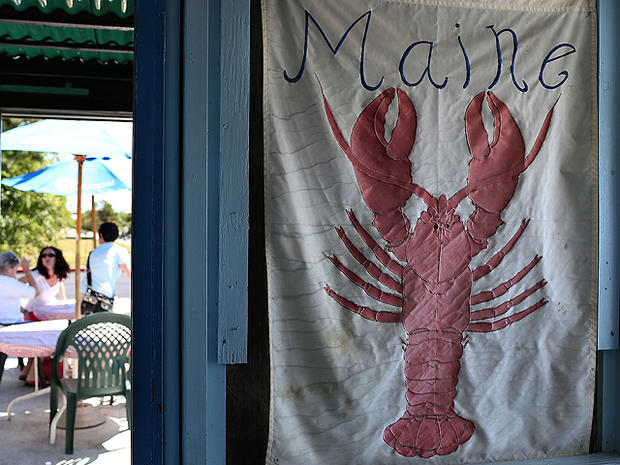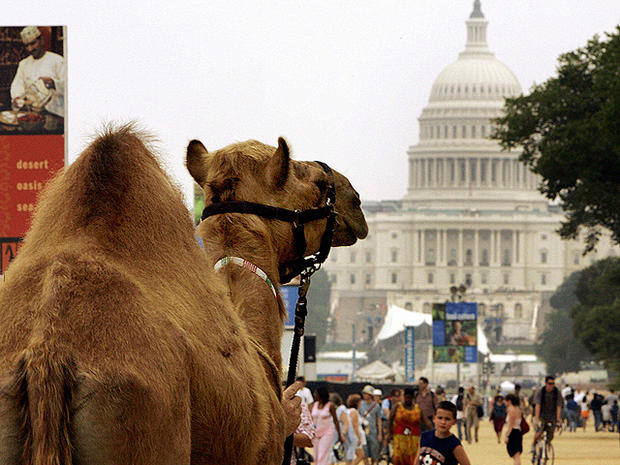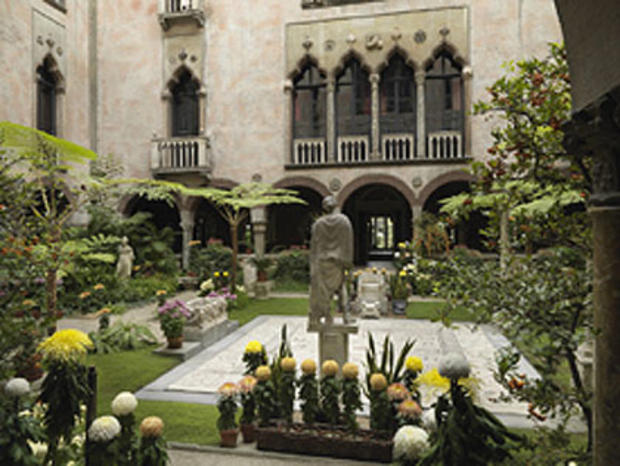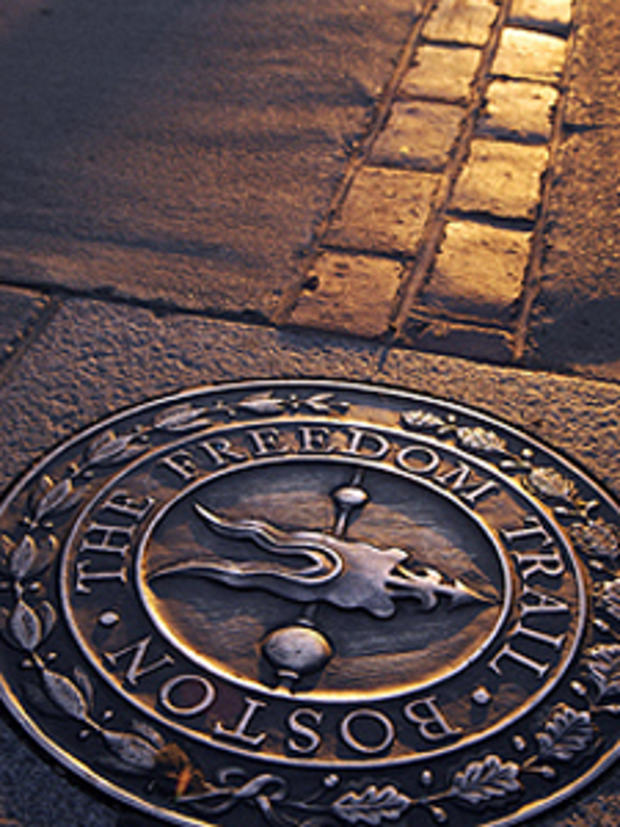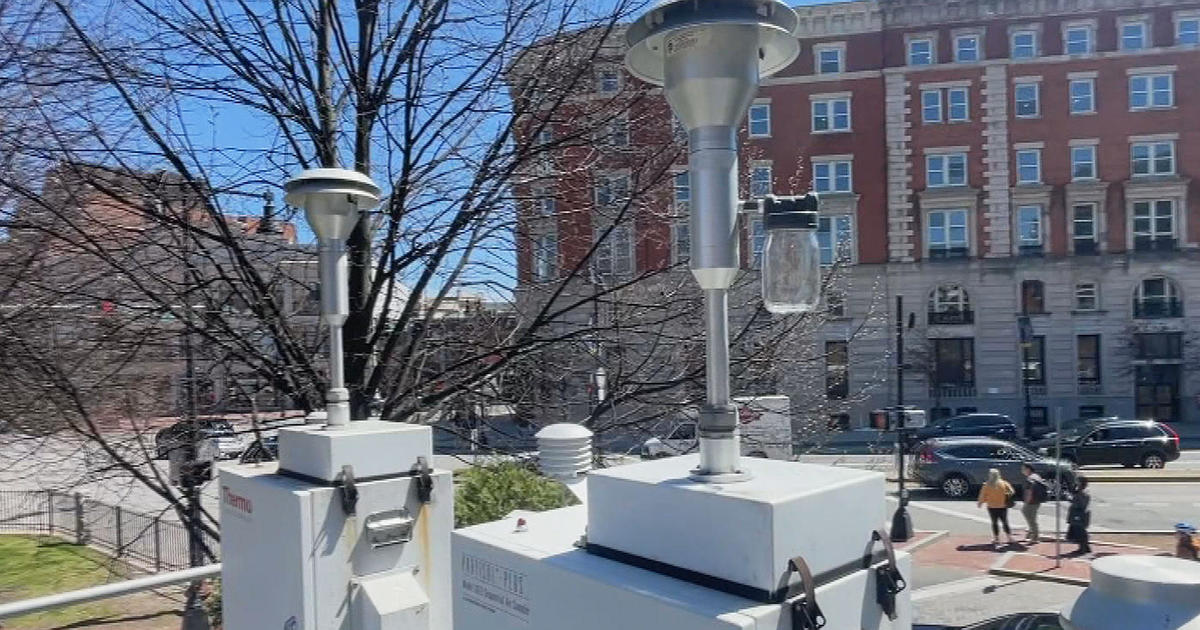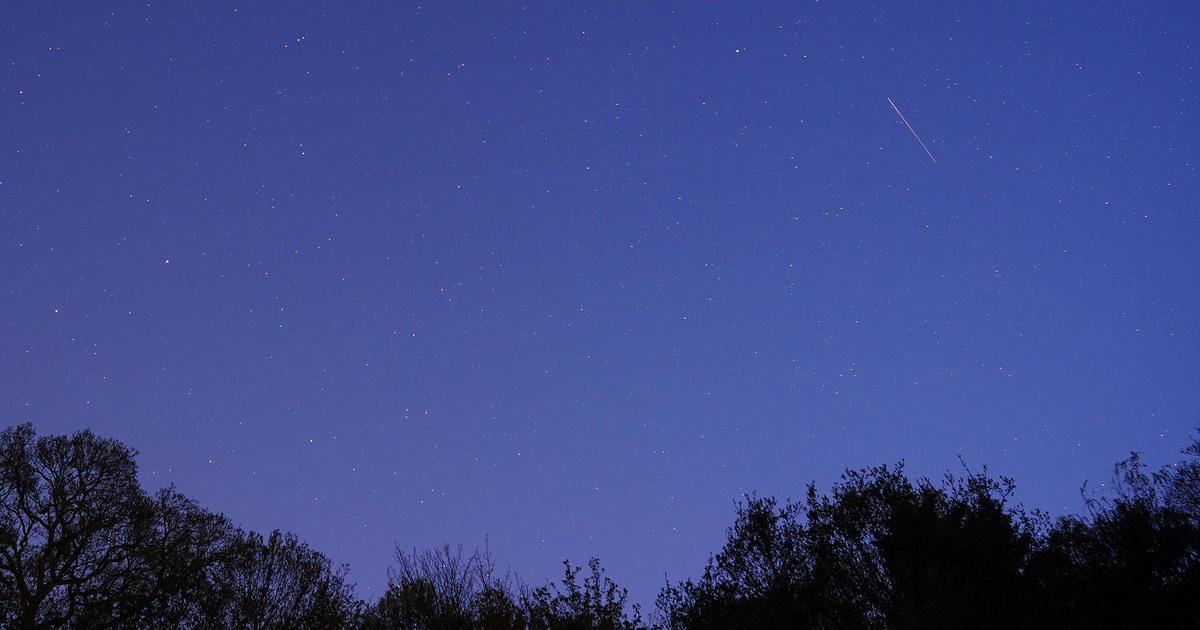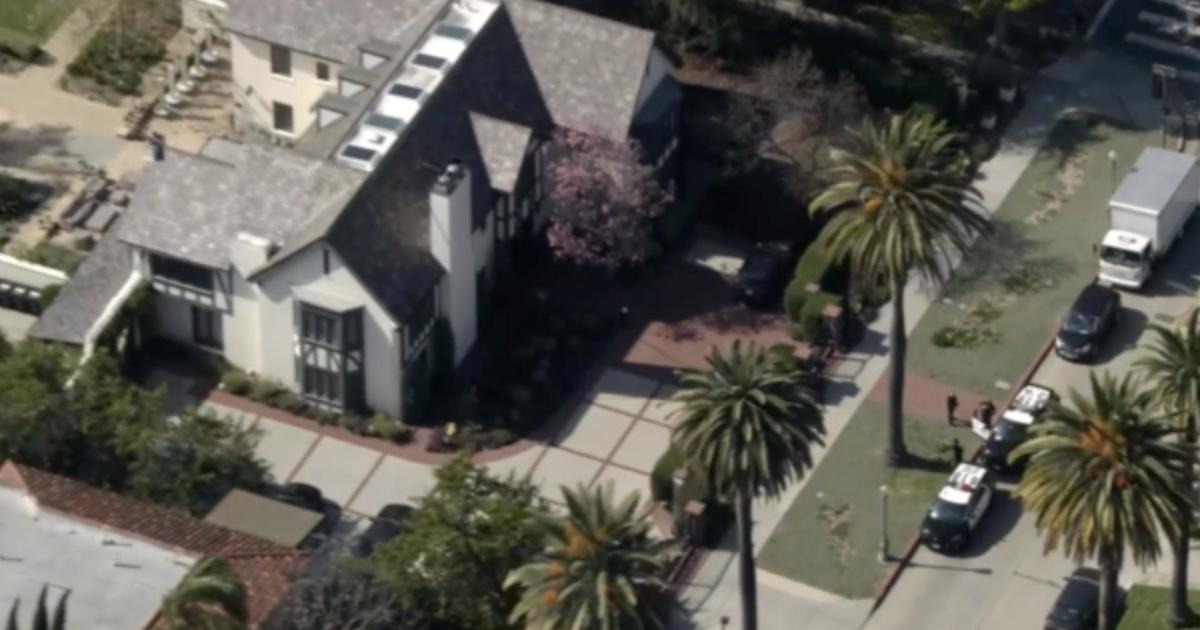5 Things You Didn't Know About The Month Of March In Massachusetts History
A Bad Investment
March, 1677 - March, 1820
In March of 1677, the Massachusetts Bay Colony purchased the title to Maine for about $6,000 from descendants of Ferdinando Gorges. This may sound like a steal, but about 55 years later, in 1732, state officials wound up giving away much of the land in an attempt to boost the population and settle the land. If that's not bad enough, that population boost led to Maine separating from Massachusetts and officially becoming a state as part of the Missouri Compromise on March 15, 1820. The state of Maine's current property valuation is about $160 billion.
A Snowball Massacre
March 5, 1770
You should know the story of the five colonists who died the night of March 5, 1770 when British troops opened fire on a crowd of protesters. But what sparked the Boston Massacre will likely always remain a mystery. Among a number of conflicting accounts is one suggesting the catalyst was a snowball. The account states that colonists were hurling snowballs and other objects at the British soldiers. One of the soldiers was hit, and he opened fire in return. The volley of snowballs and debris escalated from the other side, and other soldiers began firing.
A Camel Enthusiast
March, 1855
In March of 1855, Congress appropriated $30,000 to ship 41 camels to the southwest territory of the U.S. The camels would be used for military purposes as well as a reliable mode of transportation through the scorching hot southwest deserts. What does this have to do with Massachusetts? Captain George Crosman, a Mass. native, was the military officer credited with first pitching the idea. Crosman was born in Taunton, Massachusetts. He was also serving in Boston when he passed along the idea for military camels in a letter to his superiors. The experiment was scrapped after about a decade, and many of the camels were sold to carnivals and zoos. Some were abandoned in the southwest wilderness to survive on their own. Those animals are long gone, but reenactments and modern-day camel tours have recently been born.
The Crime With No Time
March, 1990
On March 18, 1990, one of the biggest art heists in history went down in Boston. Two thieves tied up security guards, and spent 81 minutes stealing 13 pieces of art worth more than $300 million. That part, you know about. But did you know that the statute of limitations has long expired, and the thieves, even if caught, will not be prosecuted? It's true. And speaking of prosecution deals, in 1994, the museum received a detailed anonymous letter requesting $2.6 million and full immunity in exchange for the paintings' return. The Boston Globe reports that the museum was told to respond to the proposal by inserting the number ''1" into the US dollar exchange rate for the Italian lira in the Boston Globe, which the museum and investigators convinced the Globe to do. There was apparently a follow-up letter, but then the trail went cold again. The paintings have never been found.
Freedom At Last!
March, 1951
It was March 17, 1776 when American colonists were able to chase the British out of Boston. To this day, Evacuation Day is a Boston holiday. But you probably already know that. It's just one of many historical happenings in Boston that are connected through The Freedom Trail. But do you know who came up with the idea for the Freedom Trail? In March, 1951 Bill Schofield, a writer for Boston's Herald Traveler suggested the idea in a column. He'd write subsequent columns pushing the idea of connecting Boston's historical sites until Mayor John B. Hynes called him on March 31 to tell him the city was on board. The Freedom Trail was up and running in time for tourist season that year.
